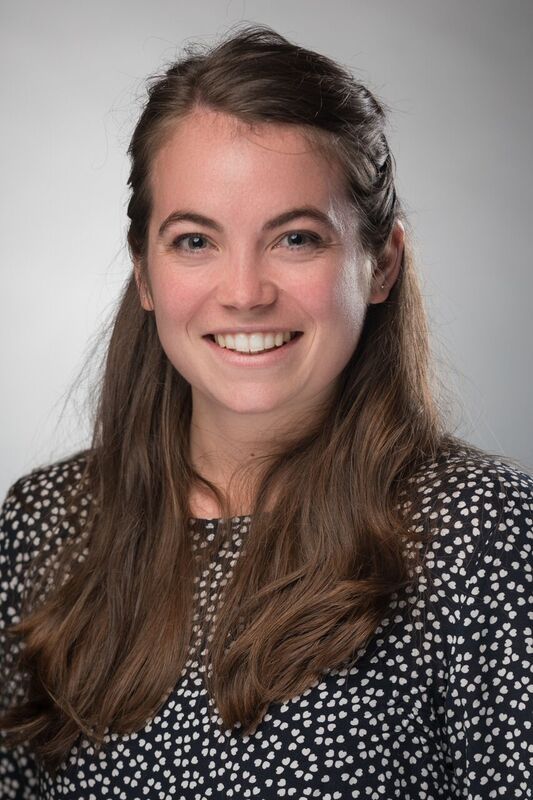
Clinical Neonatal Transfusion Research
Introduction
Premature infants are frequently transfused, but evidence for beneficial effects of these transfusions is limited. A recent prophylactic platelet transfusion randomized trial that we (co)performed unexpectedly showed increased risk of major bleeding and death in babies receiving platelet transfusions at a higher platelet count threshold. Several red cell transfusion trials have been published, but interpretation of these trials varies, and many clinically relevant questions remain unanswered. For plasma transfusion, evidence is especially scarce, with no large trials in the past decennium.
The aim of our group is to provide scientific evidence to help clinicians and blood establishments across the world optimize their transfusion practices for premature babies. We develop networks and collaborations to facilitate large scale studies, data sharing, and implementation projects. We are co-founders of the Neonatal Transfusion Network and collaborate closely with neonatologists, transfusion specialists, epidemiologists and hematologists across the world.
Research lines:
- Describing current transfusion practices as a basis for future studies and quality improvement projects. This includes surveys, and a European Observational Point Prevalence Study to describe current transfusion practices (RBC, platelets, plasma) for preterm infants in Europe (22 countries). This study is performed within the Neonatal Transfusion Network. (Nina Houben)
- Developing and validating a dynamic prediction model for bleeding in preterm infants (Hilde van der Staaij)
- Exploring the use of Patient Blood Management strategies to reduce the need for red cell transfusion. (Lisanne Heeger)
- Co-development of international neonatal transfusion guidelines
- Unraveling harmful effects of platelet transfusions in preterm infants using plasma proteomics
- Exploring how a complexity science perspective can help us improve neonatal transfusion research in particular, and medical research in general, and how we can translate these concepts to guideline development and decision making. This is the topic of my fellowship at the Institute for Advanced Study in Amsterdam in 2024.
Funding: European Society for Pediatric Research, European Blood Alliance, Sanquin Blood Supply Foundation.
Collaboration partners: www.neonataltransfusionnetwork.com.
We collaborate with all Neonatal Intensive Care Units (NICU’s) in the Netherlands, in particular with Enrico Lopriore (professor of Neonatology, LUMC) and Wes Onland (MD, PhD, neonatologist, Amsterdam UMC). We have close collaborations with researchers from Oxford University, NHSBT, Karolinska Intitute, Boston Children’s Hospital, and Charité Berlin. Our NTN network collaborates with the European Society for Pediatric Research, the European Blood Alliance, and the European Foundation for the Care of Newborn Infants. I am a member of the ISBT clinical transfusion - pediatric transfusion subgroup, chair of the European Society for Pediatric Research Special Interest group on Neonatal Hematology, and am a member of the European Society for Pediatric Research Section on Clinical Epidemiology. Within Sanquin our group collaborates within the Hemocure group (proteomics) within the medical priority Bleeding and Hemostasis, and the Pediatric Transfusion group (Karin Fijnvandraat, Elise Huisman).
Clinical studies at Sanquin
Key publications:
Houben NAM, Fustolo-Gunnink SF, Fijnvandraat CJ, Caram-Deelder C, Aguar Carrascosa M et al. Red Blood Cell Transfusion in European Neonatal Intensive Care Units. JAMA Netw Open. 2024 Sep 3;7(9):e2434077.
Suzanne F. Fustolo-Gunnink, Willem P. de Boode, Olaf M. Dekkers, Gorm Greisen, Enrico Lopriore, and Federica Russo. If things were simple, word would have gotten around. - Can complexity theory help us improve pediatric research? [preprint]
Deschmann E, Dame C, Sola-Visner M, Fustolo-Gunnink SF, ea. Clinical Practice Guideline for Red Blood Cell Transfusion Thresholds in Preterm Neonates. JAMA Netw Open 2024;7(6):e2417431.
Van der Staaij H, Stanworth SJ and Fustolo-Gunnink SF. Prophylactic platelet transfusions: why less is more. Clinics in Perinatology. 2023 Dec;50(4):775-792.
Moore CM, D’Amore A, Fustolo-Gunnink SF, et al. Two-year outcomes following a randomised platelet transfusion trial in preterm infants. Arch Dis Child Fetal Neonatal Ed. 2023 Sep;108(5):452-457.
Scrivens A, Reibel NJ, Heeger L, (…), and Fustolo-Gunnink SF; Neonatal Transfusion Network. Survey of transfusion practices in preterm infants in Europe. Arch Dis Child Fetal Neonatal Ed 2023 Jul;108(4):360-366.
Susanna F Fustolo-Gunnink, Karin Fijnvandraat, D. van Klaveren, S Stanworth, Anna Curley et al. Preterm neonates benefit from low prophylactic platelet transfusion threshold despite varying risk of bleeding or death. Blood. 2019 Dec 26;134(26):2354-2360.
SF Fustolo-Gunnink, E.J. Huijssen-Huisman, K Fijnvandraat, F.M.A. van Hout, S. Makineli, E Lopriore, et al. Are platelet count and platelet transfusions associated with major bleeding in preterm neonates- A systematic review. Blood Reviews. 2019 Jul;36:1-9.
Anna Curley, Simon J Stanworth (joint first authors), Karen Willoughby, Susanna F Fustolo-Gunnink et al. A Randomized Trial of Neonatal Platelet Transfusion Thresholds. New England Journal of Medicine. 2018 Nov 2.





